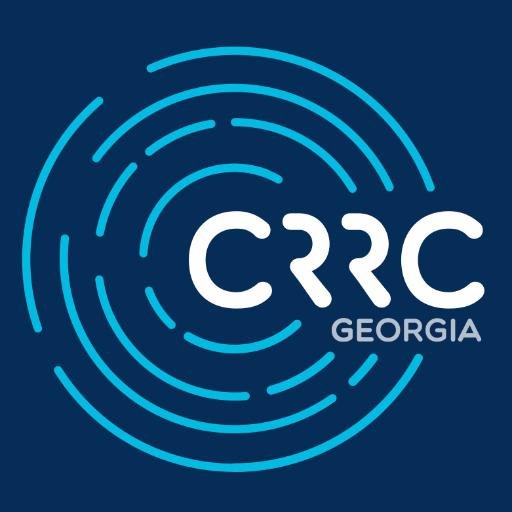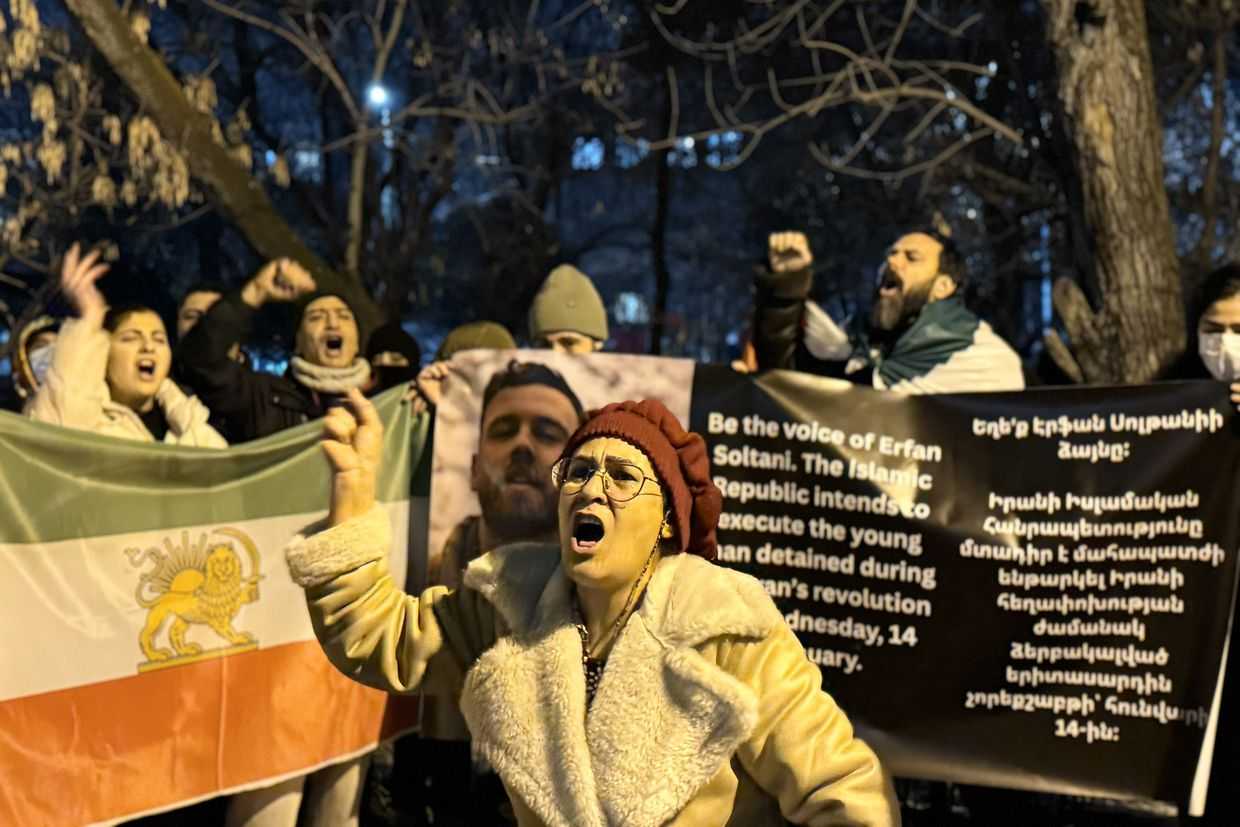


 On 13 February, the United States released its Worldwide Threat Assessment of the US Intelligence Community. In it, the significance of Russian influence operations in Georgia were highlighted. Just eight days earlier, on 5 February, a coalition of Georgia’s leading non-governmental organisations made an official offer to support the Government of Georgia, the EU, and NATO in their efforts to counter anti-Western propaganda.
On 13 February, the United States released its Worldwide Threat Assessment of the US Intelligence Community. In it, the significance of Russian influence operations in Georgia were highlighted. Just eight days earlier, on 5 February, a coalition of Georgia’s leading non-governmental organisations made an official offer to support the Government of Georgia, the EU, and NATO in their efforts to counter anti-Western propaganda.
While few experts would argue that Georgia is not a target of Russian propaganda, or that Russian propaganda is not a threat to the country, those aiming to fight it should base their efforts in fact. Otherwise, they too may be thought of as sources of propaganda. Indeed, as a December 2017 NDI-CRRC survey suggests, just as many Georgians already think Western powers spread propaganda as the share who think Russia spreads it.
In the December 2017 National Democratic Institute and CRRC-Georgia survey, respondents were asked whether they thought Russia, the European Union, and the United States spread propaganda in Georgia. The survey shows that 53% of the public think that Russia spreads propaganda in Georgia. In contrast, 45% of the public think the European Union spreads propaganda in the country, and 44% think that the US does.
While fewer people think either the EU or US alone engages in propaganda than Russia, when taken together, just as many Georgians think that the West is a source of propaganda. On the survey, 51% of the public reported that either the EU or United States engages in propaganda, a statistically indistinguishable share from the 53% that think Russia does so.
Note: In the chart above, individuals who reported that the United States spreads propaganda in Georgia or the European Union spreads propaganda in Georgia were coded as “agree” in the either US or EU bar. Individuals who reported some combination of disagree, don’t know, and refuse to answer on the two questions were coded as other. Respondents were told that propaganda is the spreading of distorted or inaccurate information with the goal of improving a country’s image or hurting an opposing country’s image.
The believed channels of propaganda for Russia and the West are largely similar. The survey results suggest that Georgians think the most common source of foreign propaganda is Georgian language television. When it comes to European and American propaganda, the internet and social media comes in second place. In contrast, political parties are the second most commonly believed source of Russian propaganda.
The data suggest that exposing Russian propaganda could potentially lead to increased support for Euro-Atlantic integration. While the perception that the west is engaged in propaganda does not appear to impact whether Georgians support the country’s European aspirations, the perception that Russia is engaged in propaganda does. While 54% of people who think the West is engaged in propaganda support Georgia’s Euro-Atlantic integration, 50% of those who do not think the West is engaged in propaganda report the same. In contrast, people who think Russia is engaged in propaganda are 20 percentage points more likely to support Georgian integration into the European Union compared with those who don’t.
Russian propaganda clearly represents a threat to stability in Georgia, as well as the wider world. For actors to counter it, they should base their activities in fact to avoid being viewed as sources of propaganda themselves, something which the US and EU have failed to do in Georgia. While it appears this has yet to impact attitudes towards Euro-Atlantic integration, it could, just as the belief that Russia engages in propaganda is associated with higher support for European integration. Importantly for those engaged in debunking misinformation, the exposure of Russian propaganda may lead to the strengthening of Georgia’s Euro-Atlantic orientation.
Dustin Gilbreath is the Deputy Research Director of CRRC-Georgia. The views presented in this article do not necessarily represent the views of CRRC-Georgia, the National Democratic Institute, or any related entity.








